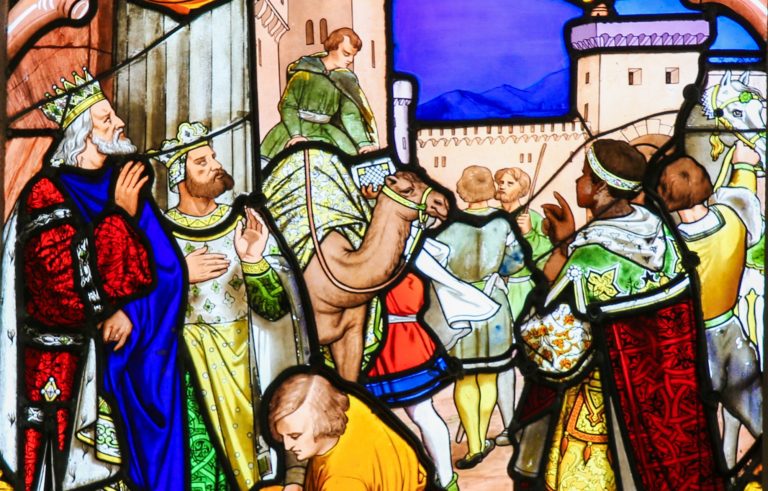Among Holy Week celebrations and observances, Saturday of Holy Week is often overlooked or forgotten. There are no “special” events planned on Saturday—we move from the spectacle of Jesus crucifixion on Friday, right into the jubilee of Easter morning. For many of us Saturday is a day of hunting for eggs with the children or simply another day to get ready for Easter Sunday breakfast, Easter services and time with family.
But there is a treasure for us on Saturday if we are willing to receive it.
This treasure only comes in waiting and in silence. To appreciate Easter, we must begin to enter into the moment with the disciples and to ponder the fact of the death of the Son of God. This moment is captured well by the song “Buried in the Grave” by All Sons and Daughters:
There was a day we held our breath
-All Sons and Daughters, “Buried in the Grave”
And felt the sting of bitter death
When all our hopes were buried in the grave
Our eyes awake, our hearts were torn
Between our faith and what we knew
Before our King was buried in the grave
And grace was in the tension
Of everything we’ve lost
Standing empty handed
Shattered by the cross
It would have been tempting to stay busy and to distract themselves from the pain. But we read in Luke 23:52-56:
This man went to Pilate and asked for the body of Jesus. Then he took it down and wrapped it in a linen shroud and laid him in a tomb cut in stone, where no one had ever yet been laid. It was the day of Preparation, and the Sabbath was beginning. The women who had come with him from Galilee followed and saw the tomb and how his body was laid. Then they returned and prepared spices and ointments.
On the Sabbath they rested according to the commandment.
Luke 23:52-56
The Scripture says that after the Lord’s death they laid his body in a tomb and then his followers rested according to the commandment. They could have pushed through with all the various activities that one would expect at the time of death but they pause and observe the Sabbath. They take the time to be still and quiet. No doubt they spent much time that day in prayer and in reflection. Maybe for some there was a sense of anticipation as they recalled the Lord’s word that he would rise again on the third day. Again, All Sons and Daughters captures this in their beautiful song “Buried in the Grave”:
All we have, all we had
-All Sons and Daughters, “Buried in the Grave”
Was a promise like a thread
Holding us, keeping us
Oh from fraying at the edge
All we knew, all we knew
Was You said You’d come again
You’d rise up from the dead
The Saturday of Holy Week is an opportunity for us to take time to do likewise—to pray and to reflect and to anticipate–with the goal of truly appreciating all that the resurrection of Jesus means for us.



